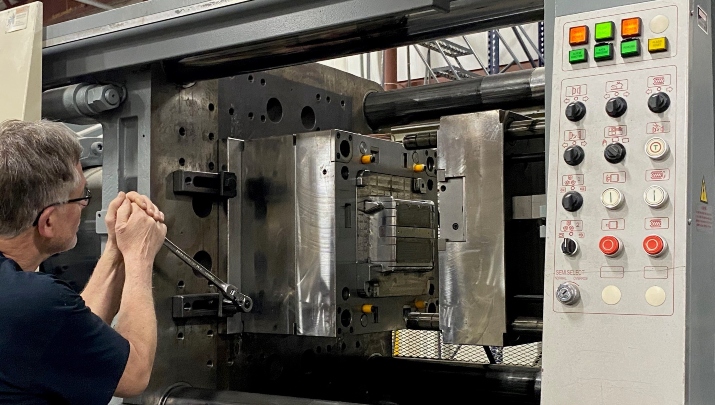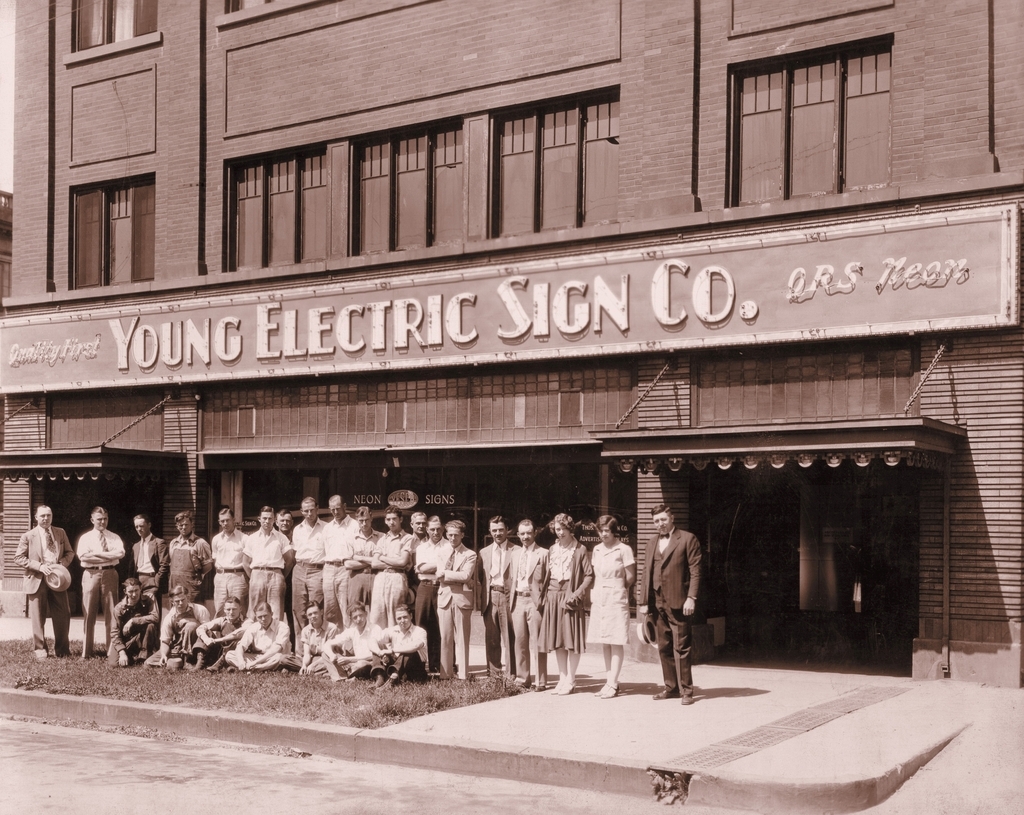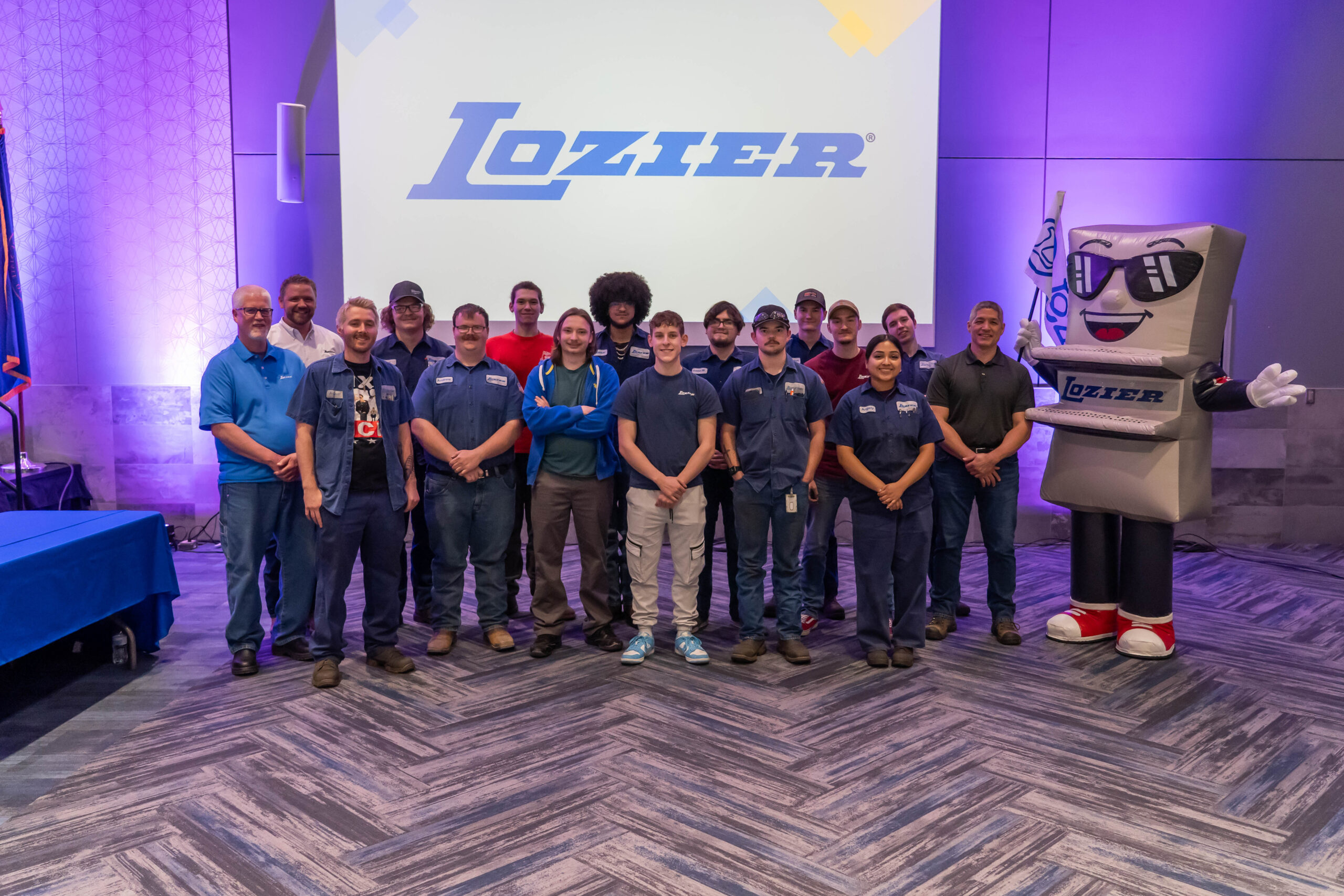
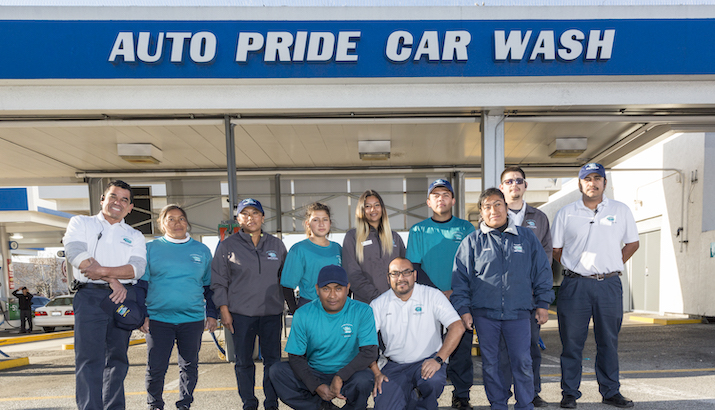
Our Employees Are Our Most Important Customers
- Tim Mitchell
- Auto Pride Car Wash
We came to the conclusion many years ago that unless we have employees who enjoy their jobs and feel fulfilled, we aren’t going to have happy end-customers. Recognizing that our employee is our most important customer changed the focus of our business.
Our Evergreen company, Auto Pride Car Wash, operates seven hand wash car wash locations in the Bay Area and Santa Rosa. We pride ourselves on the service we deliver; in fact, what we offer is actually more about customer service than it is about cleaning cars.
So how do we make sure our employees—who largely perform production labor—are happy and fulfilled so that they are inspired to deliver this service? It really comes down to understanding and appreciating the work they do for us and knowing and respecting them as individuals. When our people feel valued and respected, they deliver the best-possible product and experience to our end customers. While this may seem obvious, it’s not the norm in the service industry, where the labor force is often viewed as expendable—and often not respected for the back-breaking labor they contribute.
I know how hard our people work because when I bought my first car wash in 1992, I spent two years performing every job in that location. I had come from a career in high-tech, and I knew that if I was going to make a success of this new venture, I needed to learn everything from the ground up. Over those two years, I prepped cars, washed cars, vacuumed cars, cleaned windows and floor mats, and I interacted with customers every day. I felt the physical impact of this type of labor and the demand of customer service. The result is that I have a great appreciation for the job our employees have to do. It’s really hard work, and they’re all doing their best.
To retain the people who work so hard for us, we have continually provided flexibility and market-leading compensation as well as the practical training, tools, and supplies they need to do their job efficiently. As a service-industry employer, we have generally been ahead of the curve in terms of how we compensate our employees, offering healthcare and family and medical leave before those benefits were mandated. We continue to provide these now standard benefits, but we also understand that our seasonal workforce requires unique flexibility.
In the summer, we employ up to 350 people; in the winter, demand declines and we need fewer employees. In our industry, the norm is for employers to enact mass layoffs during these slower months, treating their staff as an expendable workforce to be replaced when demand picks up again. In contrast, as we transition between seasons, we work to support our people: many work second jobs, and we accommodate their schedules to be sure they get the hours they need and retain their position with us; we check in regularly with employees to be sure they are able to meet their financial obligations, and we offer financial assistance or additional hours when we can. The culture we have developed has also led to our staff to support one another in this way—those who have a second job will often give up hours to someone they know relies solely on their Auto Pride paycheck, and our managers routinely check in with their teams to ensure they feel supported.
Showing our employees that we understand the challenges they face and supporting them to retain them over the long term, reflects our respect for them as individuals. We want them to know that we understand their needs, their unique family and personal situations, and how hard they work. If an employee needs a schedule that accommodates child care or a team member needs to return to Mexico for an extended period, we work hard to meet their needs and allow them to maintain their job with us. We set the expectation that as long as an employee communicates with us, we will work to ensure they keep their job.
Our commitment to respecting and retaining our employees also reflects our long-term, Evergreen view. When I tell our managers to give everybody hours on a slower day when we may not need that volume of labor, I’m taking in the long view. I’m not worried about daily profitability; I’m looking ahead to that day three weeks from now when it’s sunny and 75 and we have a team that’s motivated to work for us because we respected their needs and looked out for them on the lean days as well. I don’t ever look at things day-to-day, or even month-to-month; I’m taking in the long view.
The result of this People First approach and all of these efforts can be seen in our retention rates: of our roughly 300 employees, 80 percent have been with us for more than 10 years; 70 percent for 15 years or longer. That’s unique in the service industry. I’d say our most important customers are happy.
Tim Mitchell is CEO of Auto Pride Car Wash.
More Articles and Videos
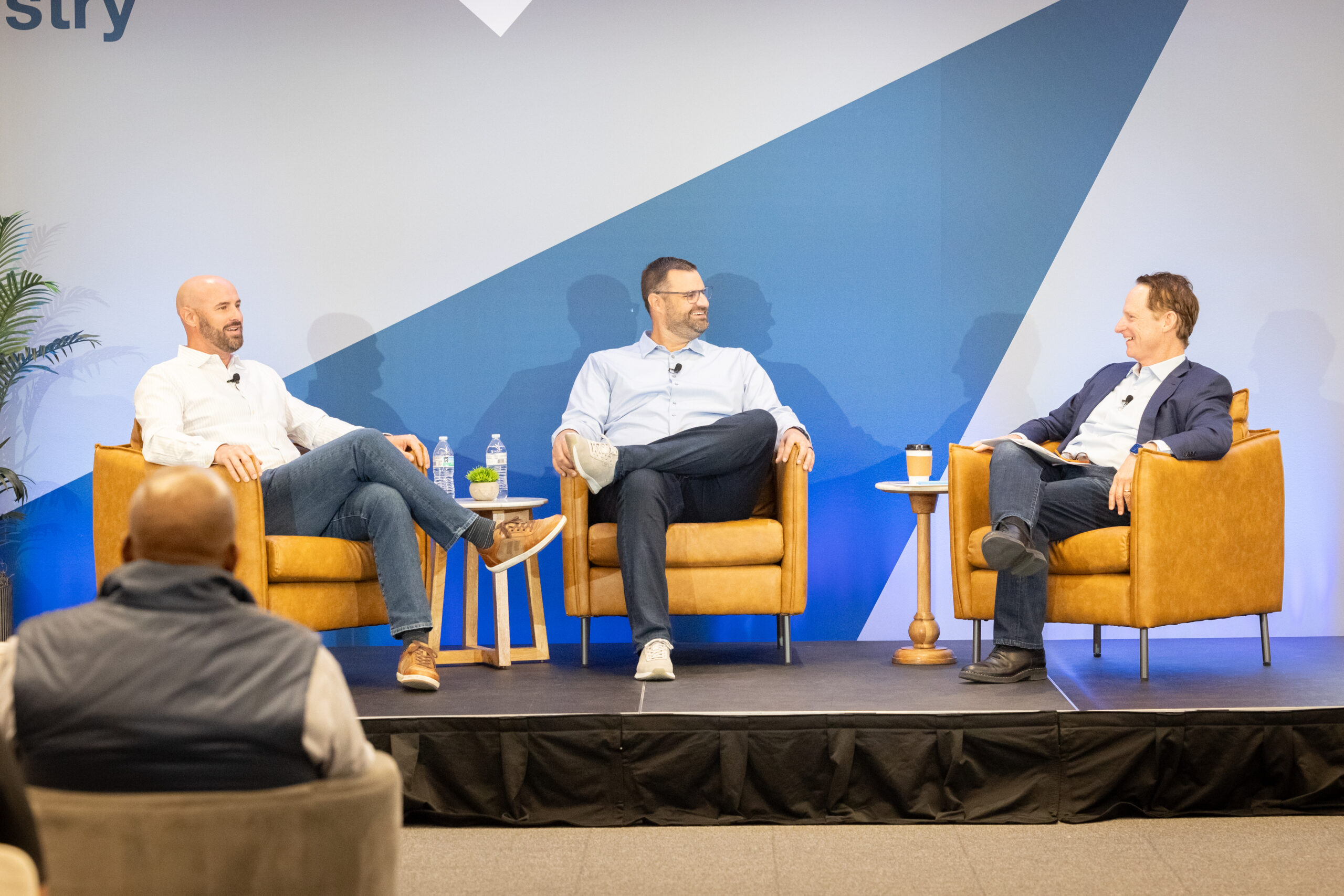
Fireside Chat with Dave Thrasher, Dan Thrasher, and Dave Whorton
- Dave Thrasher, Dan Thrasher, & Dave Whorton
- Supportworks and Thrasher Group

Get Evergreen insight and wisdom delivered to your inbox every week
By signing up, you understand and agree that we will store, process and manage your personal information according to our Privacy Policy
